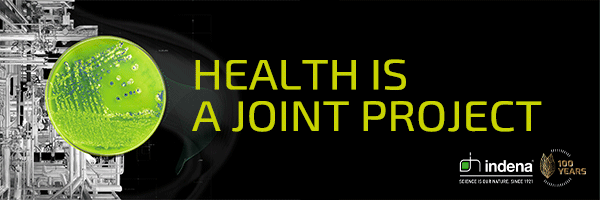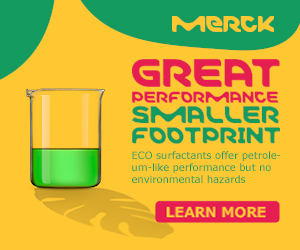Nutraceuticals
Europe passes new law on organic food production 26th April 2018
New rules to ensure that only high-quality organic food is sold in the EU have been approved by the European Parliament.
As part of the rules, checks will be carried out on-site and for all operators, at least annually or once every two years if no fraud has been found in the last three years. Imports will also have to comply with EU standards, meaning current equivalence rules which require non-EU countries to comply with similar but not identical standards will be phased out within five years.
To boost EU organic food production, it will be easier for small farmers to certify their products as organic, in a move to save time and money. Mixed farms producing both conventional and organic food will also be allowed, on the condition that the two farming activities are clearly and effectively separated.
Farmers and other operators in the food supply chain will be obliged to apply a set of new measures to avoid contamination from chemical pesticides or synthetic fertilizers. If a non-authorized pesticide or fertiliser is suspected to be present, the final product should not bear the organic label until further investigation. If contamination was deliberate or the operator failed to apply precautionary measures, the product will lose its organic status.
German MEP Martin Häusling said: “Parliament’s vote will give more certainty and clarity to both EU farmers and consumers. The new EU law will improve quality of organic food in the EU but will also help to address the needs of a fast-growing organic market.”
The agreed text still needs to be formally approved by the Council of EU ministers before it can enter into force. It shall apply from 1 January 2021.



